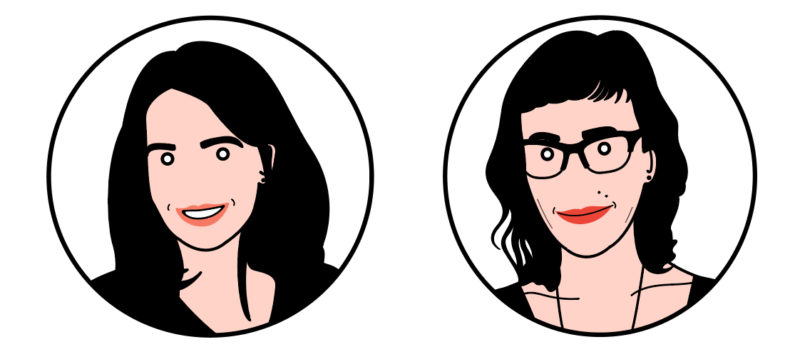Jeannie Vanasco is the author of two formally experimental memoirs that reflect on her experiences writing them. For her second memoir, Things We Didn’t Talk About When I Was a Girl (2019), she interviewed the friend who raped her when they were college sophomores. The book considers the “nice guy” myth, the language surrounding sexual assault, and the possibility of forgiveness. Her first book, The Glass Eye (2017), examines her grief for her late dad, his grief for his late daughter from a previous marriage, whom Jeannie becomes increasingly obsessed with, and whose name she shares. Jeannie now teaches college students how to write about their lives.
Amy Berkowitz is the author of Tender Points (originally published in 2015 and re-released in 2019), a lyric essay about chronic pain, patriarchy, and the trauma of sexual violence. In part, the essay explores Berkowitz’s sexual assault at the hands of a doctor and the narrative complexities of describing such an act of violence. In doing so, she challenges the expectation that accounts of sexual assault adhere to a straightforward, linear structure. In 2016, she co-organized Sick Fest, a free and accessible event in Oakland, California, featuring performances and readings by sick and disabled artists. Her writing on chronic illness and medical sexism has appeared in Bitch and Wolfman Books’ New Life Quarterly. Amy is currently working on a novel about friendship in the aftermath of sexual assault.
You have reached your article limit
Sign up for a digital subscription and continue reading all new issues, plus our entire archives, for just $1.50/month.
Already a subscriber? Sign in





